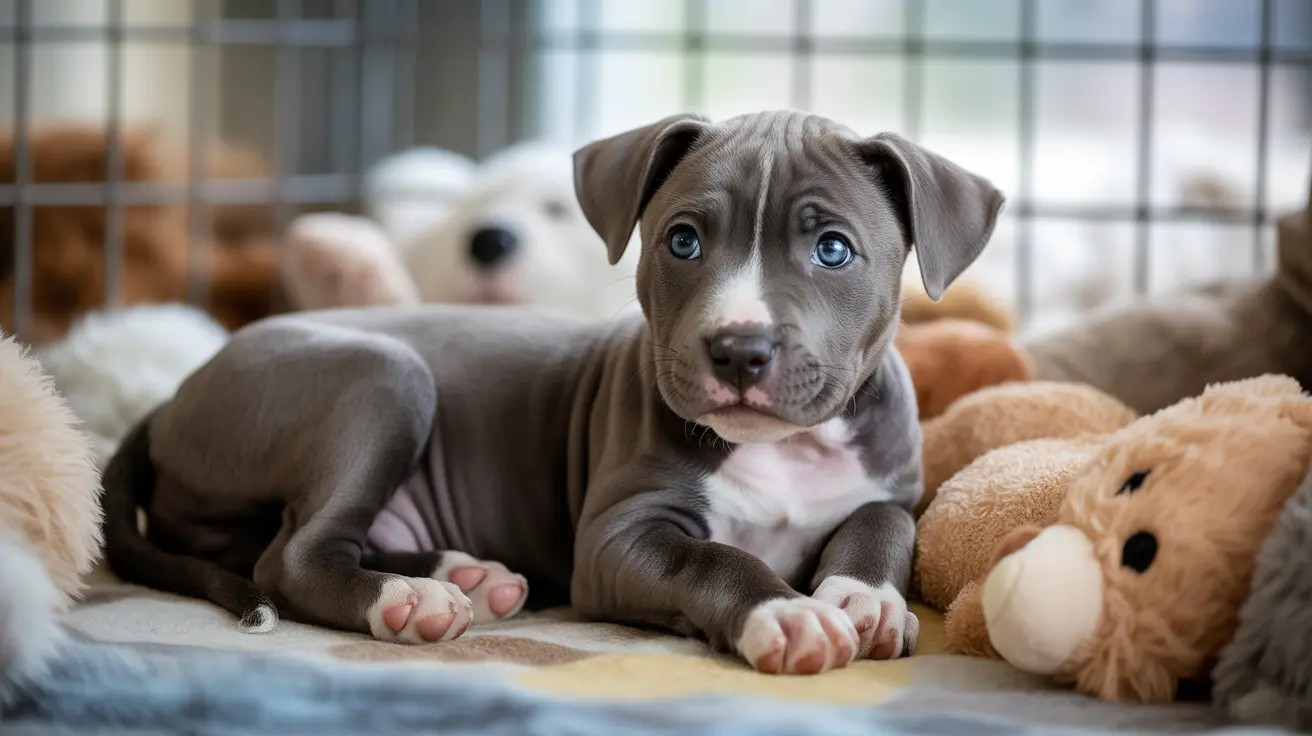Can Cats Take CBD Daily? A Comprehensive Guide for Pet Owners
As interest in alternative pet therapies grows, Cannabidiol (CBD) has become a popular topic among cat owners seeking natural remedies for their feline companions. Derived from the hemp plant, CBD interacts with the endocannabinoid system, which helps regulate various physiological processes in both humans and animals. But an important question arises: Can you give CBD to your cat every day? Let’s delve into the science, risks, and considerations surrounding this emerging supplement.
What Is CBD and How Does It Work for Cats?
CBD is a non-psychoactive compound, meaning it does not produce a 'high' like tetrahydrocannabinol (THC). In fact, THC can be toxic to cats, so pet products should be either completely THC-free or contain only trace amounts. CBD influences the endocannabinoid system, which assists in managing pain, inflammation, anxiety, seizures, and behavior in animals.
Benefits of Daily CBD Use in Cats
Although feline-specific studies are limited, early research and anecdotal evidence suggest promising outcomes in several areas:
- Pain management for arthritis or mobility issues due to anti-inflammatory effects.
- Anxiety and stress support during travel, relocation, or introduction of new pets.
- Seizure mitigation, though more clinical trials are needed.
Scientific Safety Evaluations
Recent studies offer some insight into the safety profile of daily CBD administration. In one controlled study, cats were given 4 mg/kg of THC-free CBD oil for 26 weeks. Results showed good overall tolerance:
- No clinically significant differences in vital health parameters.
- Mild, short-lived increases in liver enzymes such as ALT in a few cats.
- No major changes in appetite, behavior, or body weight.
However, responses varied among individuals, and some cats were removed from the study due to unrelated health issues. This underscores the importance of tailored veterinary supervision.
Potential Side Effects of CBD in Cats
When considering daily use, it's crucial to understand possible side effects. Most are mild and tend to resolve over time:
- Sedation or drowsiness during initial introduction.
- Gastrointestinal symptoms such as nausea, vomiting, or diarrhea.
- Mild dry mouth or increased water intake.
Rarely, significant side effects may occur, especially in cats with liver dysfunction. Because felines metabolize substances differently due to unique liver enzymes, any unusual signs should warrant a veterinary evaluation.
Medication Interactions
CBD can interact with various medications, including:
- Antifungals
- Benzodiazepines
- Some antidepressants
- Anti-inflammatory agents
Let your vet know about all current meds and supplements to avoid adverse interactions.
How to Choose a CBD Product for Daily Use
Not all CBD products are created equal. Look for the following criteria:
- Formulated specifically for pets, ensuring safety and proper dosing.
- Zero or negligible THC content (preferably <0.3%).
- Third-party lab testing for purity and potency.
- Simple ingredient lists free of artificial additives.
- Dosage forms that allow accurate administration such as oils or soft chews.
Appropriate Dosage Guidelines
With no regulatory standard, dosing must be approached conservatively. A common recommendation:
- 2–3 mg of CBD per 10 lbs of body weight, once or twice daily.
- Start low and monitor your cat over several days before adjusting.
- Delivery methods include oral drops, food additives, or transdermal application.
Veterinary Involvement and Monitoring
While CBD is not a substitute for veterinary care, it may complement existing treatments. Always:
- Consult your vet before starting, especially for cats with chronic illness.
- Schedule regular checkups to track health trends and potential side effects.
- Discontinue immediately if side effects develop or condition worsens.
Daily vs. Occasional Use
CBD for cats can be administered:
- Daily for chronic conditions like arthritis or generalized anxiety.
- As-needed for acute events like vet visits, fireworks, or grooming sessions.
Conclusion: Tailor CBD Use to Your Cat’s Needs
Daily CBD use may benefit many cats, especially those with persistent issues, provided it is carefully chosen, dosed, and monitored. Begin with a low dose, use high-quality products, and work closely with your veterinarian. Each cat is different, so a personalized approach ensures the best outcome.





